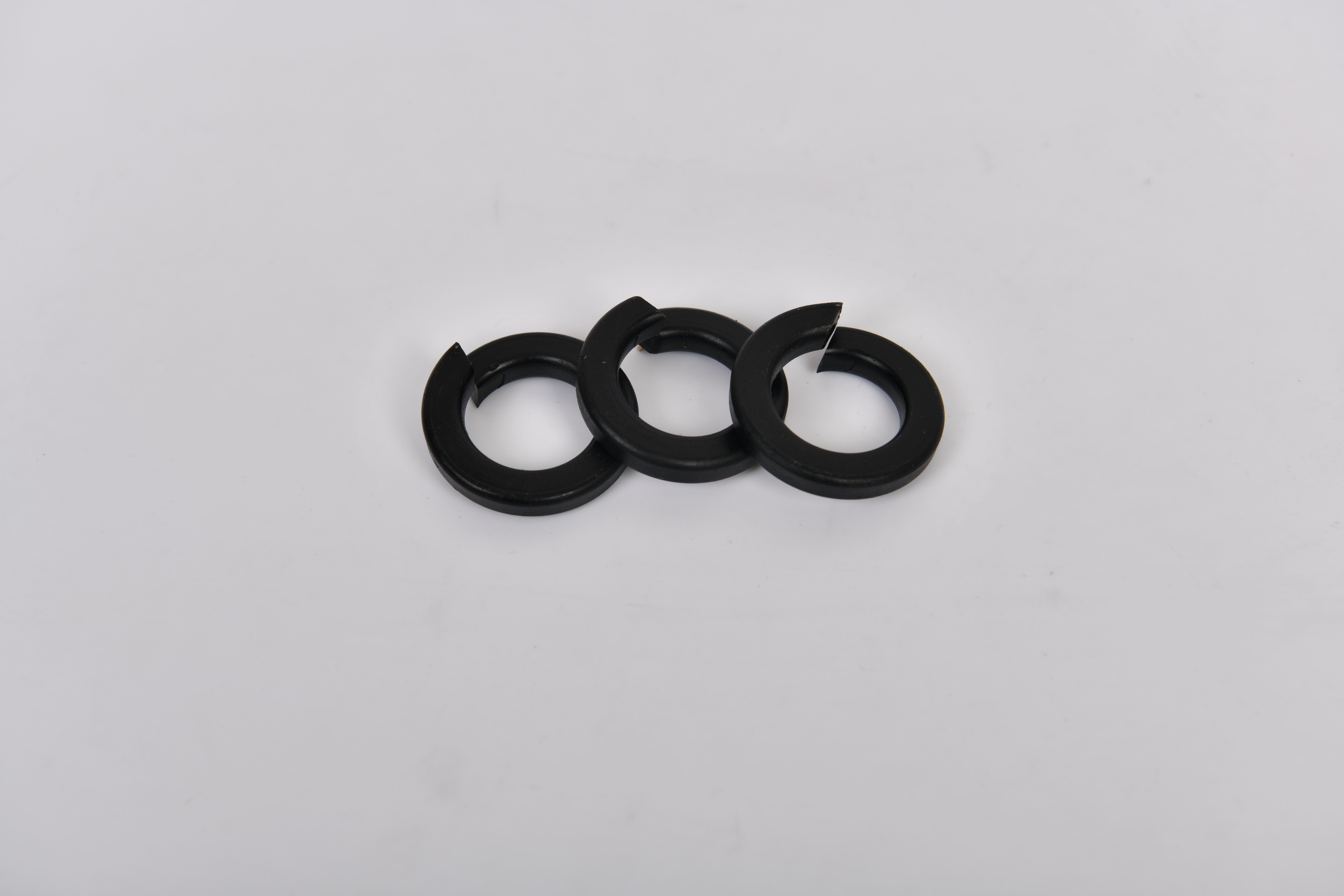High-Quality Drywall Screw Anchors Manufacturing for Reliable Home and Construction Projects
The Significance of Drywall Screw Anchors in Construction A Focus on Factory Production
In the realm of construction and interior design, drywall screw anchors play an essential role in ensuring structural integrity and stability. Whether you are hanging a simple picture frame or installing heavy shelving, the right anchor can make all the difference. This article explores the importance of drywall screw anchors and the nuances of their manufacturing in factories.
Understanding Drywall Screw Anchors
Drywall screw anchors are used to fasten objects securely to drywall, which itself is not strong enough to hold heavy items. These anchors distribute the weight of the hanging object across a greater area, providing the necessary support. Available in various styles—including toggle bolts, molly bolts, and plastic or metal anchors—each type serves specific needs and load-bearing requirements.
The choice of anchor is crucial. Heavy-duty items like TVs or large shelves require strong anchors, while lighter fixtures may only need standard plastic inserts. Incorrect anchor choice can lead to damage to the wall or the falling of the item, which may not only ruin the item itself but also pose safety risks.
The Manufacturing Process
The production of drywall screw anchors involves several intricate steps in a factory setting. Quality materials, such as high-grade steel or durable plastic, are selected to ensure the anchors can withstand stress over time. Factories employ advanced machinery to cut, mold, and shape these materials into the different types of anchors needed in the market.
1. Material Selection The manufacturing process begins with careful material selection. Steel is often coated to resist corrosion, while plastic might be reinforced for added strength.
drywall screw anchors factory

2. Molding and Shaping For plastic anchors, raw materials are heated and molded into the desired shapes. Metal anchors are cut and shaped using precision tools to ensure they meet specific dimensions and strength requirements.
3. Quality Control Throughout the production process, quality control measures are paramount. Each batch of anchors is rigorously tested for durability and load capacity. The adherence to industry standards is crucial, as safety is a top priority for consumers.
4. Packaging After passing quality testing, the anchors are packaged for distribution. Clear labeling is important, providing installers with essential information about the load limits and appropriate uses of the product.
Innovations in Anchor Technology
With advancements in technology, the production of drywall anchors has seen remarkable innovations. Manufacturers are now developing anchors that can bear more weight and are easier to install. Many contemporary anchors feature self-drilling capabilities, which streamline installation and reduce the need for pre-drilling, making projects quicker and more efficient.
Additionally, research into sustainable materials has led some factories to explore eco-friendly alternatives, reducing the environmental impact of anchor production without sacrificing quality.
Conclusion
In summary, drywall screw anchors are indispensable in the construction and design sectors. Their ability to provide secure mounting solutions makes them a necessary consideration for both professionals and DIY enthusiasts. The process of manufacturing these anchors, from material selection to quality control, ensures that they meet the demands of a range of applications. As technology continues to evolve, we can expect to see even more sophisticated products emerging from factories, enabling safer and more efficient installations in homes and offices alike. Through ongoing innovation, drywall screw anchors will remain a cornerstone of secure construction practices well into the future.
-
Top Choices for Plasterboard FixingNewsDec.26,2024
-
The Versatility of Specialty WashersNewsDec.26,2024
-
Secure Your ProjectsNewsDec.26,2024
-
Essential Screws for Chipboard Flooring ProjectsNewsDec.26,2024
-
Choosing the Right Drywall ScrewsNewsDec.26,2024
-
Black Phosphate Screws for Superior PerformanceNewsDec.26,2024
-
The Versatile Choice of Nylon Flat Washers for Your NeedsNewsDec.18,2024










